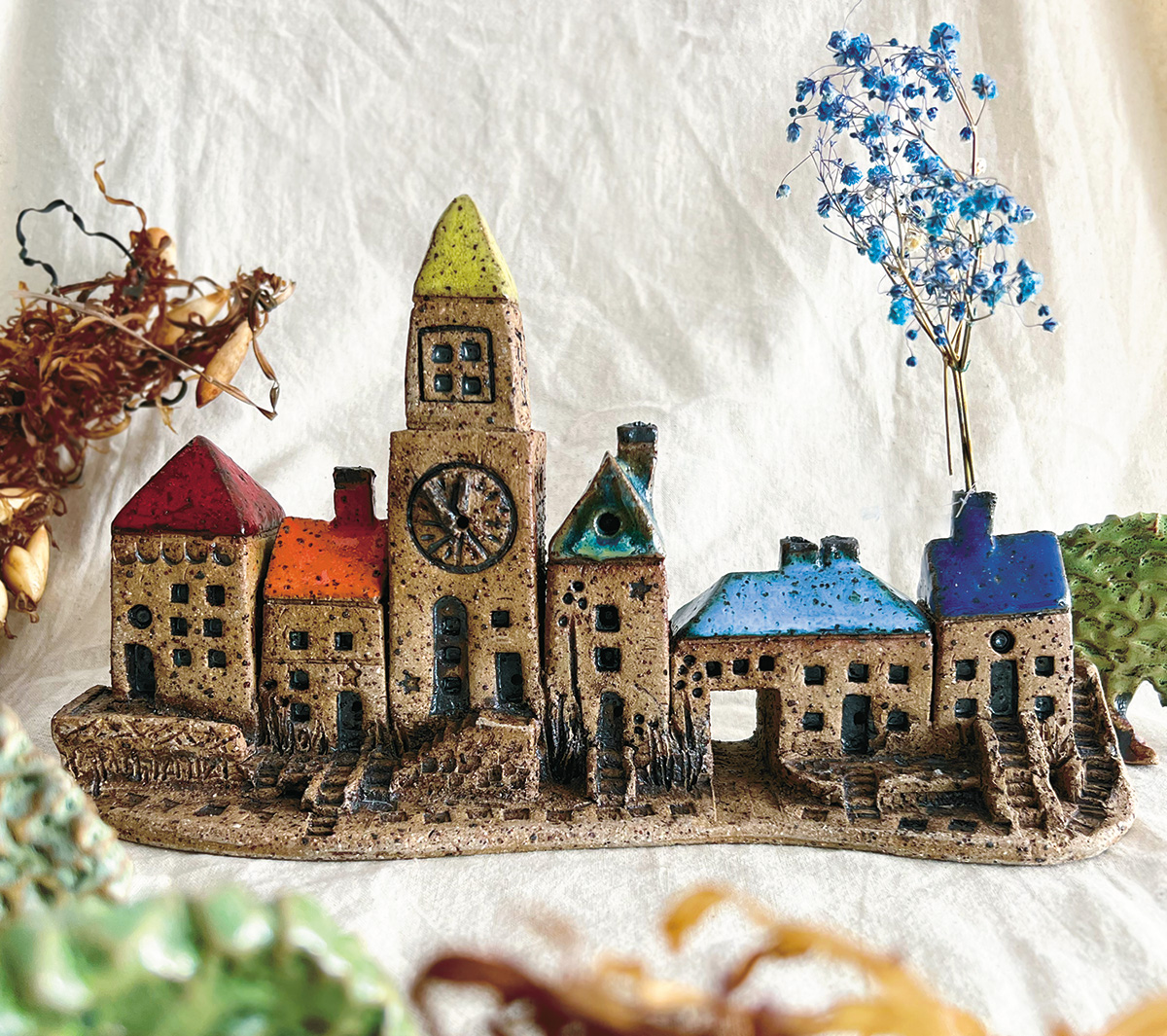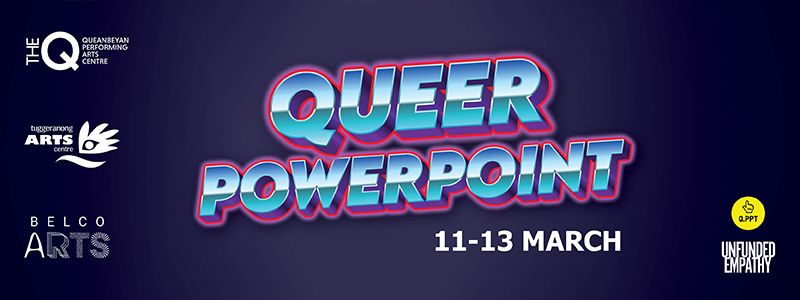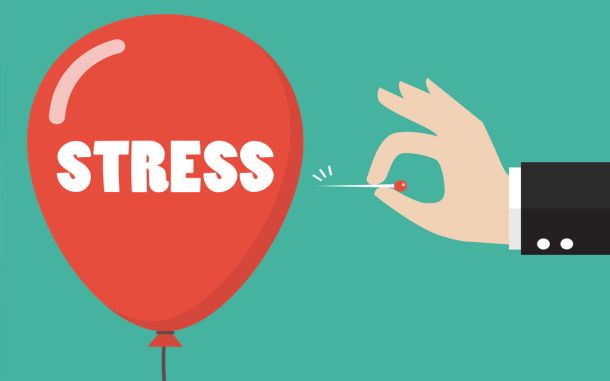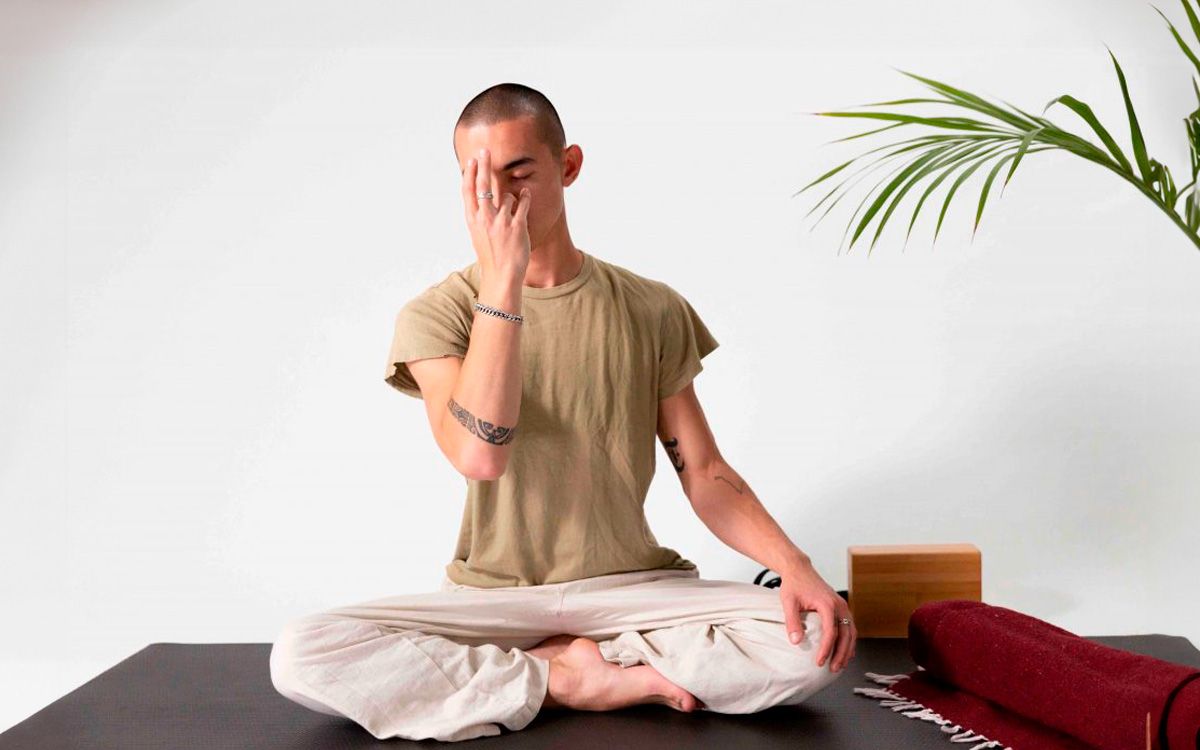Using simple art practices to quite you mind

When my partner and I started FUSE Magazine, many years ago now, it was really just another extension of our creative journey together. Although fun, running a magazine can also be challenging and stressful at times, and, like all things work, that stress can have adverse effects on wellbeing and happiness.
Like many others, I sometimes struggle to live in this world that seems so tumultuous, but I’m also incredibly fortunate to have my own personal antidote. I love playing with mud.
Only recently, I was talking to a fellow potter about meditation and how it has made such positive changes in my life. Her first response was, ‘Oh, I couldn’t possibly sit still for that long’.
It’s a common objection, and being a bit of a fidget myself, I totally get it.
For those who do practice meditation, the benefits are undeniable. Studies show it can prevent disease and reduce inflammation, be an effective form of treating depressio and increase happiness levels. It is even thought to prevent signs of aging in the brain.
Lucky for my friend and contrary to popular belief, meditation doesn’t always mean sitting like Buddha with your eyes closed. In fact, most people are unaware that you can practice meditation virtually anywhere — sitting or being still is actually not a requirement. And that brings me back to mud and my story.
It was a rainy day and I had been playing with clay all afternoon. I had been deep into a quiet creative space, but it was when I started cleaning up that I noticed that I had a real sense of calm, my mind was quiet, and I felt relaxed and centred. Without realising it, I had stumbled upon art meditation.
Both sitting meditation and art meditation require you to be in the present moment. The practice of art meditation can happen quite naturally as you start to let go of any end goals and bring your focus onto your process, whatever that may be. The mind becomes quiet, and a relaxed state comes naturally and easy. For me, it’s all about working with the clay, but art meditation can take many forms, from painting to glass blowing to aimlessly doodling on a piece of paper.

Doodling or even just colouring in is great as you don’t need any artistic skills, just a paint a pencil and some paper.
Similar to traditional meditation, it may be helpful to remove any external stimuli from your surroundings, whether that means finding a quiet room in your home or taking advantage of noise-cancelling headphones. As you practice art meditation more, you’ll likely find it easier to sink into a calm state in all types of environments. But if you are just starting out, removing distractions can really make a difference.
Any kind of art meditation can help improve the quality of your life; it’s easy to do at home, and it’s free. If you feel you need a little more guidance, just do a quick Google search for ‘art therapy’ and you’re bound to find something close to you.

I have found that working with clay helps me cultivate a quiet mind. If you’d like to find out more about my ceramics visit littletree.studio













